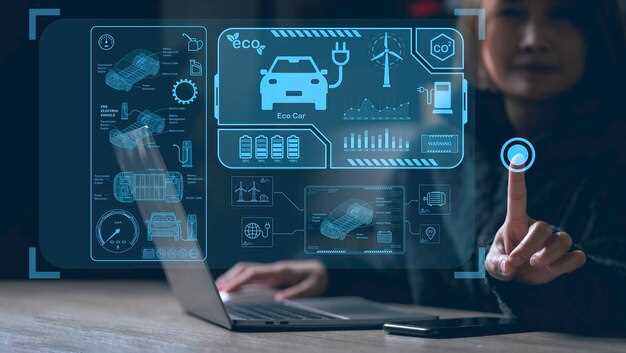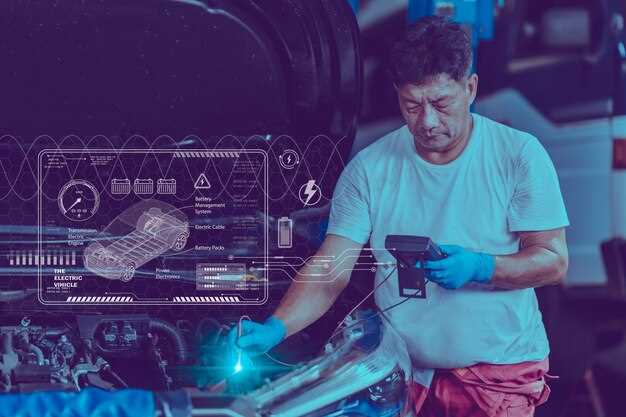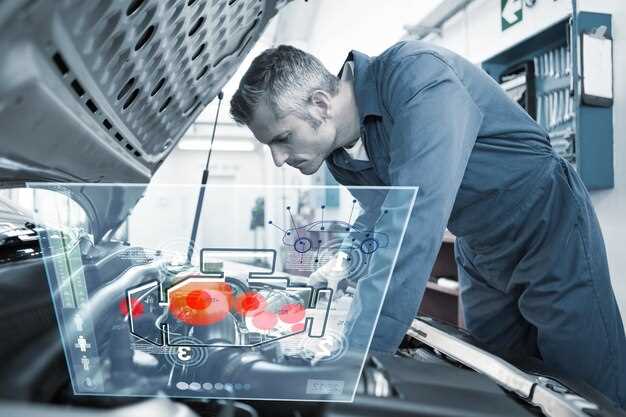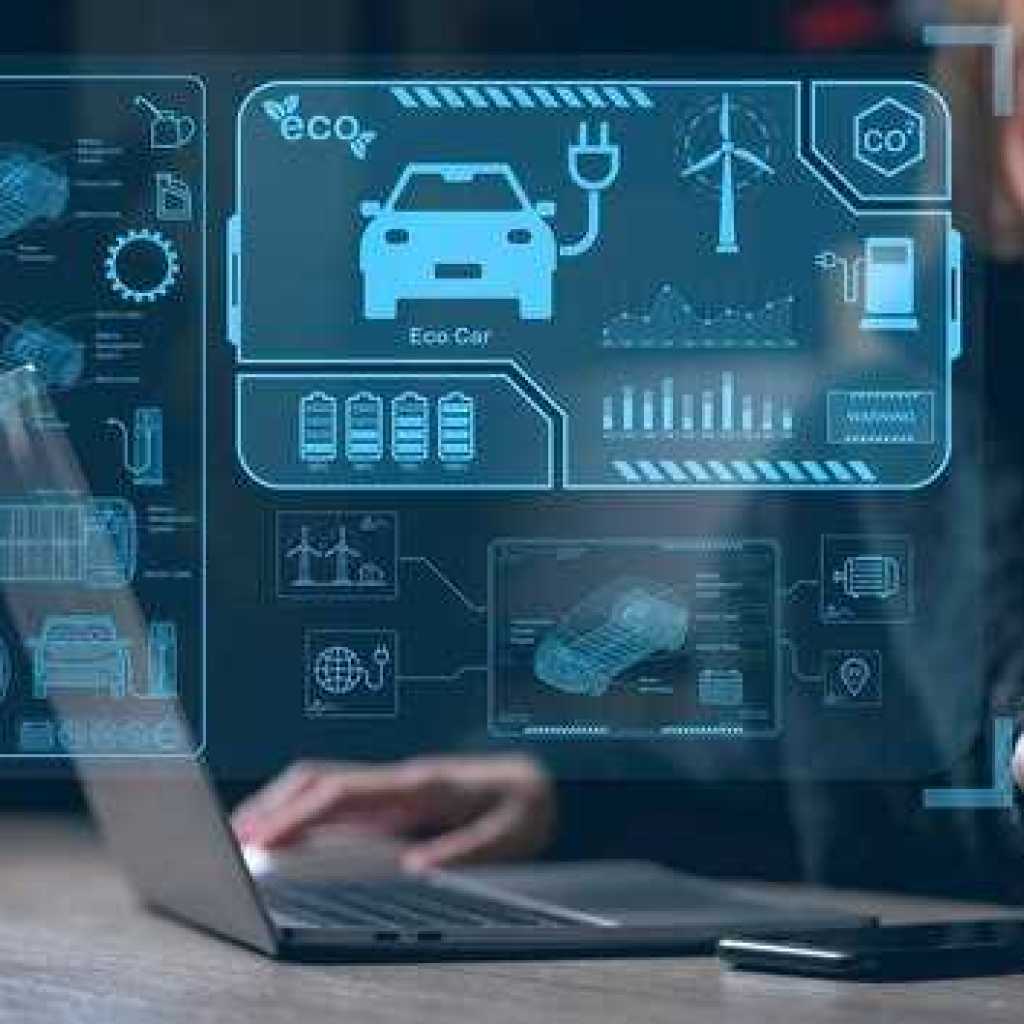
Hybrid engines represent a significant advancement in automotive technology, combining traditional internal combustion engines with electric propulsion systems. This innovative approach allows vehicles to utilize both fuel and electric power, leading to enhanced efficiency and reduced environmental impact. As global awareness of climate change grows, the shift towards hybrid engines offers a promising solution to decrease greenhouse gas emissions while maintaining vehicle performance.
The benefits of hybrid engines extend far beyond just fuel savings. By leveraging the strengths of both engine types, these vehicles can achieve better fuel economy, lower operating costs, and increased driving range. The intelligent management of power selections ensures that drivers benefit from the immediate torque of electric motors while enjoying the flexibility of traditional fuel engines when necessary. This synergy not only elevates the driving experience but also contributes to a more sustainable future.
As automotive manufacturers continue to embrace hybrid technology, understanding its long-term benefits becomes essential for both consumers and industry stakeholders. The potential for reduced reliance on fossil fuels, coupled with advancements in battery technology, positions hybrid engines as a crucial component of the transition towards more sustainable transportation solutions. With ongoing innovations, the full potential of hybrid engines is just beginning to unfold, promising a future where efficiency and environmental stewardship go hand in hand.
How Hybrid Engines Enhance Fuel Economy in Everyday Driving

Hybrid engines combine traditional internal combustion engines with electric propulsion systems, resulting in significant improvements in fuel economy during everyday driving. This innovative technology optimizes power usage by seamlessly switching between the gasoline engine and the electric motor, depending on driving conditions.
One of the key advantages of a hybrid system is its ability to regenerate energy through regenerative braking. When the vehicle decelerates, the electric motor acts as a generator, converting kinetic energy into electrical energy, which is then stored in the battery. This process reduces reliance on fuel and enhances overall fuel economy, especially in urban driving conditions where frequent stops and starts occur.
Moreover, hybrids often feature start-stop technology, which turns off the engine when the vehicle is idling, thereby conserving fuel. This feature is particularly beneficial in city driving, where traffic congestion can lead to long periods of idling. By minimizing engine operation during these times, hybrid vehicles achieve improved efficiency and lower fuel consumption.
The integration of a hybrid engine also allows for optimized acceleration and cruising. When additional power is needed, the hybrid system can provide a boost from the electric motor, reducing the strain on the gasoline engine. Consequently, drivers experience less need for aggressive acceleration, which can be a significant factor in fuel economy. During steady highway driving, hybrids can often operate solely on electric power at lower speeds, thus maximizing efficiency.
In summary, hybrid engines enhance fuel economy in everyday driving scenarios by utilizing regenerative braking, start-stop technology, and the efficient interplay between electric and gasoline power. As a result, drivers not only benefit from lower fuel costs but also contribute to reduced emissions, making hybrids a sustainable choice for the future.
The Role of Regenerative Braking in Hybrid Vehicle Performance

Regenerative braking is a crucial technology in hybrid vehicles, significantly influencing their overall performance and fuel economy. This system captures kinetic energy that would otherwise be lost during braking and converts it into electrical energy. This recovered energy is then stored in the vehicle’s battery, which can later be used to power the electric motor, enhancing the efficiency of the hybrid engine.
One of the primary benefits of regenerative braking is its ability to improve fuel economy. By utilizing the energy generated during braking, hybrid vehicles can reduce their reliance on the internal combustion engine. This leads to less fuel consumption, resulting in lower emissions and reduced operational costs over time. As a result, drivers experience a notable increase in mileage, making hybrid vehicles a more sustainable choice.
Moreover, regenerative braking contributes to the longevity of the hybrid engine. By decreasing the wear on traditional braking systems, it enhances overall vehicle durability. This not only reduces maintenance costs but also prolongs the life of key components, reinforcing the hybrid’s long-term benefits.
Incorporating regenerative braking technology into hybrid vehicles thus enhances performance by maximizing energy efficiency and minimizing waste. This alignment of electric and conventional power sources positions hybrid engines as a viable solution for eco-conscious consumers looking for a blend of performance and sustainability.
Cost Savings: Analyzing Long-Term Financial Impacts of Hybrid Ownership
Owning a hybrid vehicle presents unique advantages that can lead to significant cost savings over time. A detailed analysis of the financial impacts of hybrid ownership primarily revolves around fuel efficiency, maintenance costs, and potential tax incentives.
One of the most compelling financial benefits is the fuel economy of hybrid engines. Hybrids combine traditional internal combustion engines with electric propulsion, which enhances fuel efficiency. Compared to conventional vehicles, hybrids often achieve:
- Up to 50% better fuel economy in urban driving conditions.
- Reduced fuel costs as a direct result of less frequent refueling.
- Lower overall fuel expenditures, especially as gas prices fluctuate.
When considering these factors, the total cost of ownership begins to favor hybrids, especially for drivers who experience high mileage annually. Furthermore, the hybrid engine’s regenerative braking system contributes to this efficiency by harnessing energy typically lost during braking, thereby conserving fuel and reducing wear on the engine.
In addition to fuel savings, maintenance costs for hybrid vehicles can be lower. While initial purchase prices may be higher, the long-term expenses associated with hybrid engines can be beneficial:
- Fewer regular maintenance requirements due to less wear on the engine.
- Longer intervals between oil changes and other routine services.
- Potentially decreased repair costs, as hybrids often come with warranties that cover essential components.
Moreover, many governments offer tax incentives or rebates for hybrid vehicle purchases. These incentives can significantly offset the initial higher costs of hybrid ownership, enhancing the overall financial appeal. Owners may also benefit from lower registration fees or toll exemptions in certain regions.
Overall, analyzing the long-term financial impacts of hybrid ownership indicates a favorable prospect for consumers. With savings on fuel, reduced maintenance costs, and potential tax breaks, hybrid vehicles not only promote environmental sustainability but also present a compelling economic case for consumers looking to maximize their investments.




